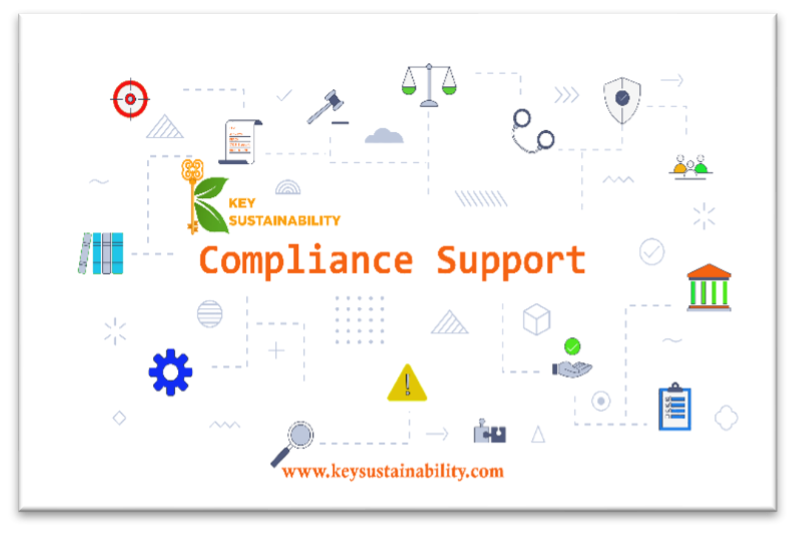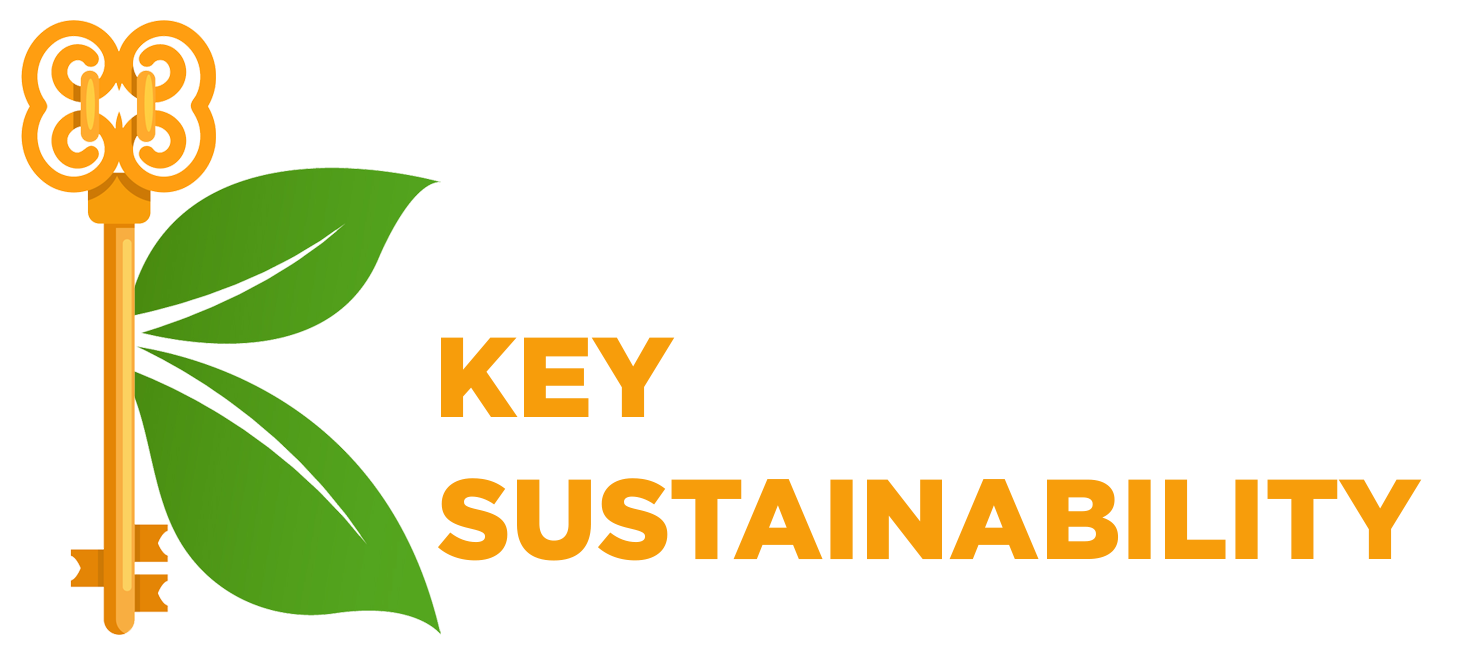Introduction:
In today’s interconnected and fast-paced world, compliance has emerged as a fundamental pillar for conducting business responsibly and ethically. Irrespective of whether you are a multinational corporation, a small business owner, or an individual entrepreneur, understanding and adhering to regulatory requirements and industry standards have become imperative. This blog aims to provide a significance of material compliance, its profound impact on businesses, and the key factors to consider while establishing an effective compliance program.

The significance of Compliance
Compliance refers to the act of conforming to laws, regulations, and guidelines relevant to a specific industry or jurisdiction. It serves as a framework that ensures organizations operate in an ethical manner, protect stakeholders’ interests, mitigate risks, and maintain public trust. Some of the regulations are ELV (IMDS & CDX system) , REACH, RoHS, CMRT, POP’s, CMRT, AIS-129, DGR, MDR many more.
Material Compliance Regulations:
ELV: End of Life Vehicle – The End-of-Life Vehicle Directive is a legislative framework introduced by the European Union (EU) to address the environmental impact of end-of-life vehicles. The directive aims to promote the reuse, recycling, and recovery of ELVs, while also reducing the environmental hazards associated with their disposal. Under the ELV Directive, vehicle manufacturers are responsible for meeting targets related to the reuse, recycling, and recovery rates of ELVs, and they must ensure that hazardous substances are appropriately managed during the recycling process.
International Material Data System (IMDS): The International Material Data System is an essential tool used primarily by the automotive industry to manage and exchange information on the material composition of vehicle parts and components. By using IMDS, manufacturers can ensure the traceability of materials throughout the supply chain, track hazardous substances to ensure compliance with regulatory limits, and promote sustainable material management practices.
REACH (Registration, Evaluation, Authorization, and Restriction of Chemicals): REACH is a comprehensive chemical regulation introduced by the European Union (EU) to improve the protection of human health and the environment from potential risks posed by chemical substances. The regulation places responsibility on manufacturers and importers to register chemical substances with the European Chemicals Agency (ECHA) if they are produced or imported in quantities exceeding certain thresholds. REACH requires companies to provide detailed information on the properties and uses of registered substances, assess their potential risks, and implement appropriate risk management measures. REACH also enables the authorization and restriction of certain substances that are identified as posing significant risks. Additionally, REACH imposes obligations on companies to communicate safety information about chemicals along the supply chain, ensuring the safe handling and use of substances throughout their lifecycle.
RoHS (Restriction of Hazardous Substances): RoHS is a European Union directive that restricts the use of specific hazardous substances in electrical and electronic equipment. The directive aims to reduce the environmental impact and health risks associated with hazardous substances.
POPs (Persistent Organic Pollutants): POPs are toxic chemical substances that persist in the environment, bioaccumulate through the food chain, and pose significant risks to human health and the environment. The Stockholm Convention on Persistent Organic Pollutants is an international treaty that aims to eliminate or restrict the production, use, and release of POPs. The convention targets a specific list of POPs, including substances like certain pesticides, industrial chemicals, and unintentional by-products.
Automotive Industry Standard-129: commonly known as AIS-129, is an Indian automotive industry standard formulated by the Automotive Research Association of India (ARAI). The standard specifically applies to three categories of vehicles M, N & L. AIS-129 is which is similar to EU-ELV directive. AIS-129 has two sections. Automotive Industry Standard 129, commonly known as AIS-129, is an Indian automotive industry standard formulated by the Automotive Research Association of India (ARAI). AIS-129 focuses on
Part 1.
(i) Collection and Dismantling of ELVs.
Part 2.
(i) Restriction of Heavy metal
(ii) Type Approval of Vehicles with regards to Reuse, Recycle & Recover
DGR (Dangerous Goods Regulations): DGR refers to the regulations set by the International Air Transport Association (IATA) for the transportation of dangerous goods by air. These regulations ensure the safe handling and transportation of hazardous materials, including chemicals, gases, and other substances, to prevent
accidents and protect passengers, crew, and the environment.
IPC1752A: IPC1752A is a data exchange standard developed by the Institute for Printed Circuits (IPC) to facilitate the exchange of materials declaration information. It enables manufacturers and suppliers in the electronics industry to communicate detailed material composition information about their products, ensuring compliance with regulations such as RoHS and REACH.
Who is Responsible?
Everyone plays a crucial role in environment compliance. By adopting eco-friendly habits like recycling, conserving water, and energy, using public transportation, and supporting sustainable products, individuals contribute to a collective effort towards a greener future.
Conclusion
Environment compliance is an indispensable aspect of sustainable development and the protection of our planet for future generations. It requires a joint effort from individuals, businesses, and governments to prioritize environmental well-being over short-term gains. By adhering to environmental regulations and striving for continuous improvement, we can create a harmonious balance between human activities and the environment, ensuring a healthier and more sustainable world for all. Let us all commit to making environment compliance a top priority in every aspect of our lives.
Contact us:
Key Sustainability Solutions Pvt Ltd has dedicated experts to assist you in the development of compliance products and meeting applicable regulations. Key Sustainability Solutions Pvt ltd offers a wide range of services on compliance regulations such as IMDS, REACH, RoHS, CDX system, CMRT, EMRT, IPC1752A, SCIP Database, AIS-129, along with having a good network in laboratories we can assist in chemical tests, physical or mechanical tests as well as.
We are authorised consulting and training partner by DXC Technology for IMDS & CDX system.
For enquiries, please contact us at info@keysustainability.com or +91-9740000662

